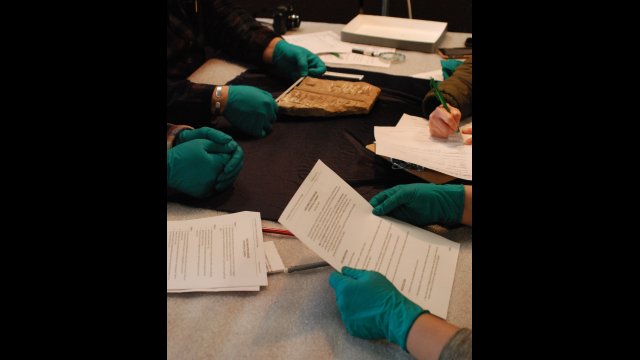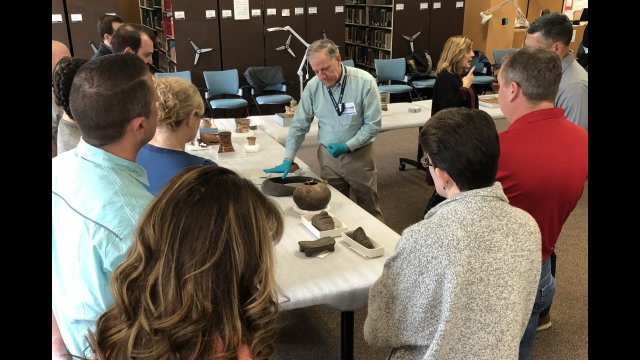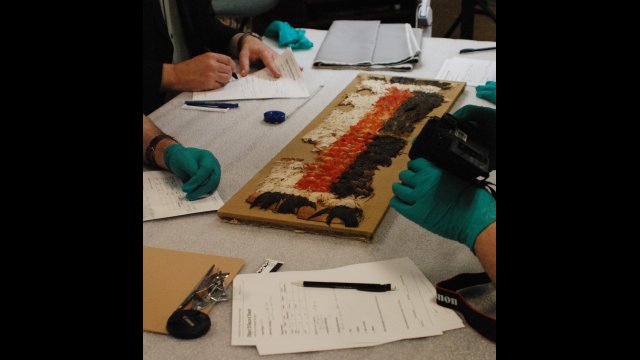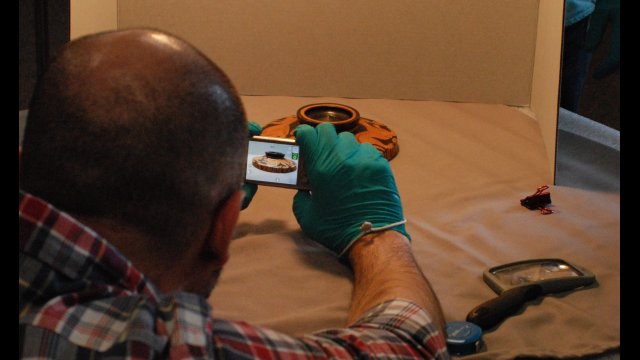“We are very grateful to the AWE program for giving us a platform to improve our business strategy and becoming a successful brand” – Tracy Sena Yeboah, AWE Alum Ghana 2019
Tracy Sena Yeboah has a passion for the health and fitness of women, which led her to establish TNYOU FITNESS in Ghana. By participating in AWE in 2019, this certified nutrition and fitness trainer, has made TNYOU FITNESS the go-to place for fitness and healthy living. Prior to her AWE training, TNYOU had a client base of 60 women and after introducing the ideas learned throughout the AWE training, her clients more than doubled to over 200 ladies. Tracy’s vision is to see each household in Ghana, and beyond, develop a culture of healthy eating and fitness.
During the COVID-19 outbreak, Tracy proactively started online workout sessions for her clients, which includes fellow AWE alumni. The fitness provider has also introduced online discussion sessions for women to help build mental wellness in addition to the physical exercises implemented during her workouts.
Tracy has recorded a virtual fitness session for everyone to get moving and stay motivated!
About the Academy for Women Entrepreneurs (AWE)
To augment the existing slate of projects focused on women and economic empowerment, the Department of State’s Bureau of Educational and Cultural Affairs (ECA) established the Academy for Women Entrepreneurs (AWE) in 2019. AWE provides women entrepreneurs with the skills, resources, and networks needed to start and scale successful businesses. AWE was developed to support the White House-led Global Development and Prosperity (W-GDP) Initiative, which is designed to empower women worldwide to fulfill their economic potential, creating conditions for increased stability, security, and prosperity for all.


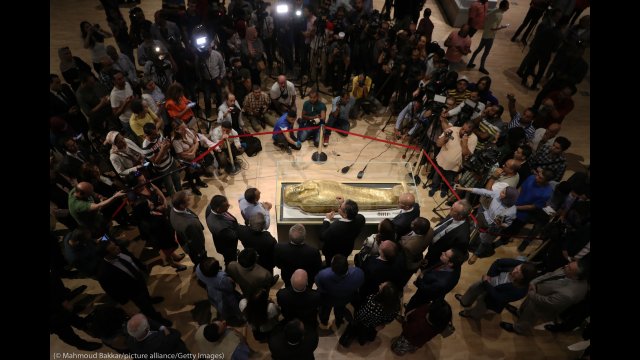
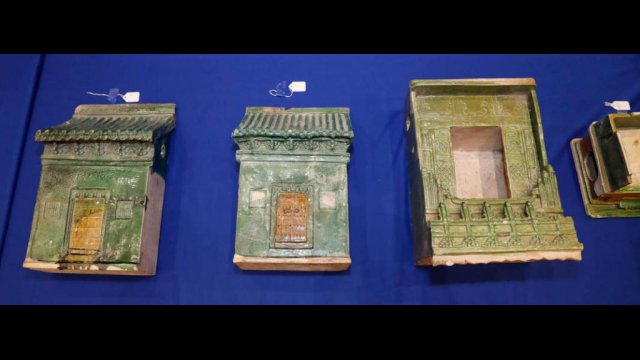
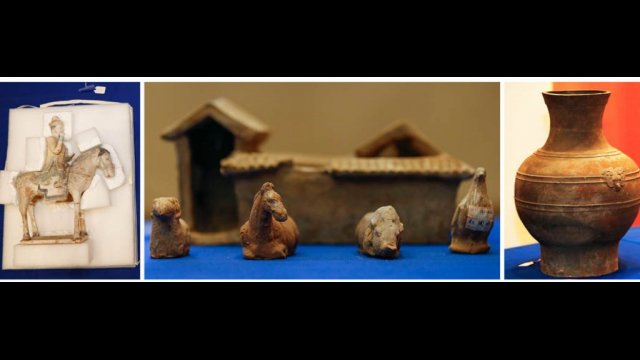
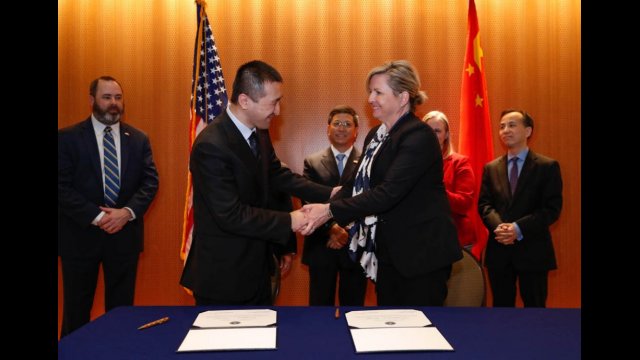
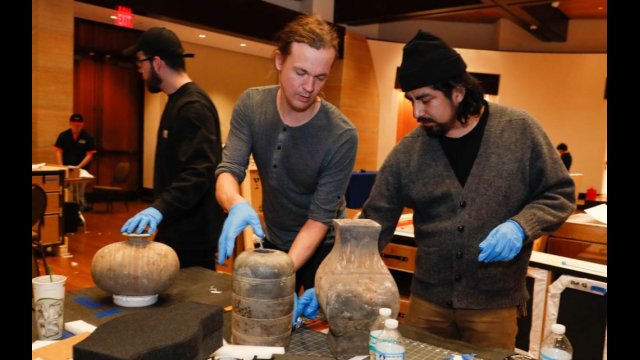
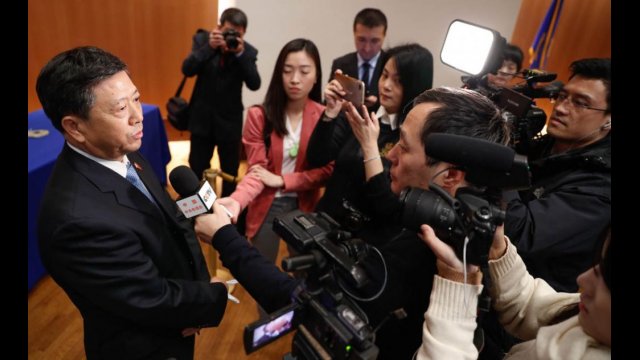
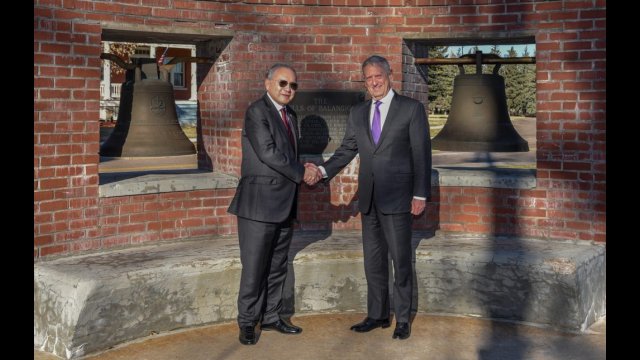
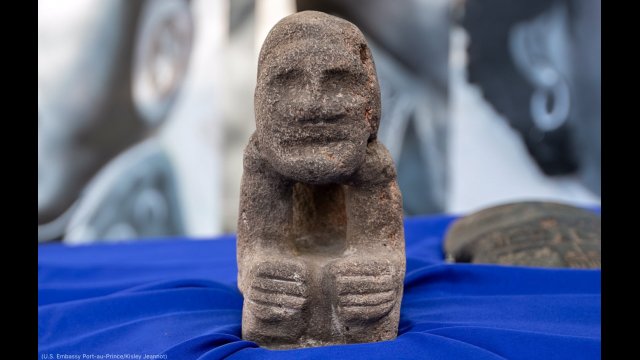
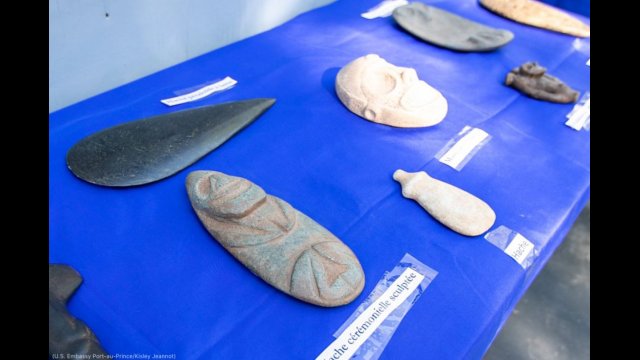
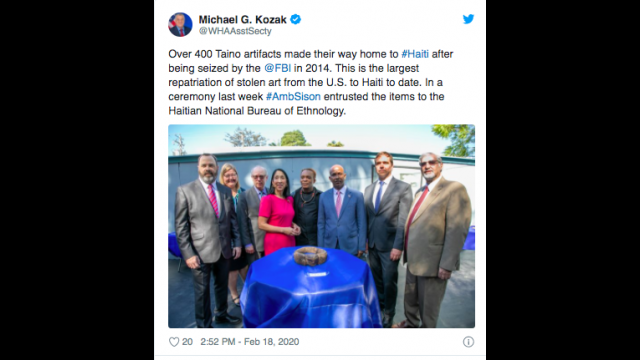
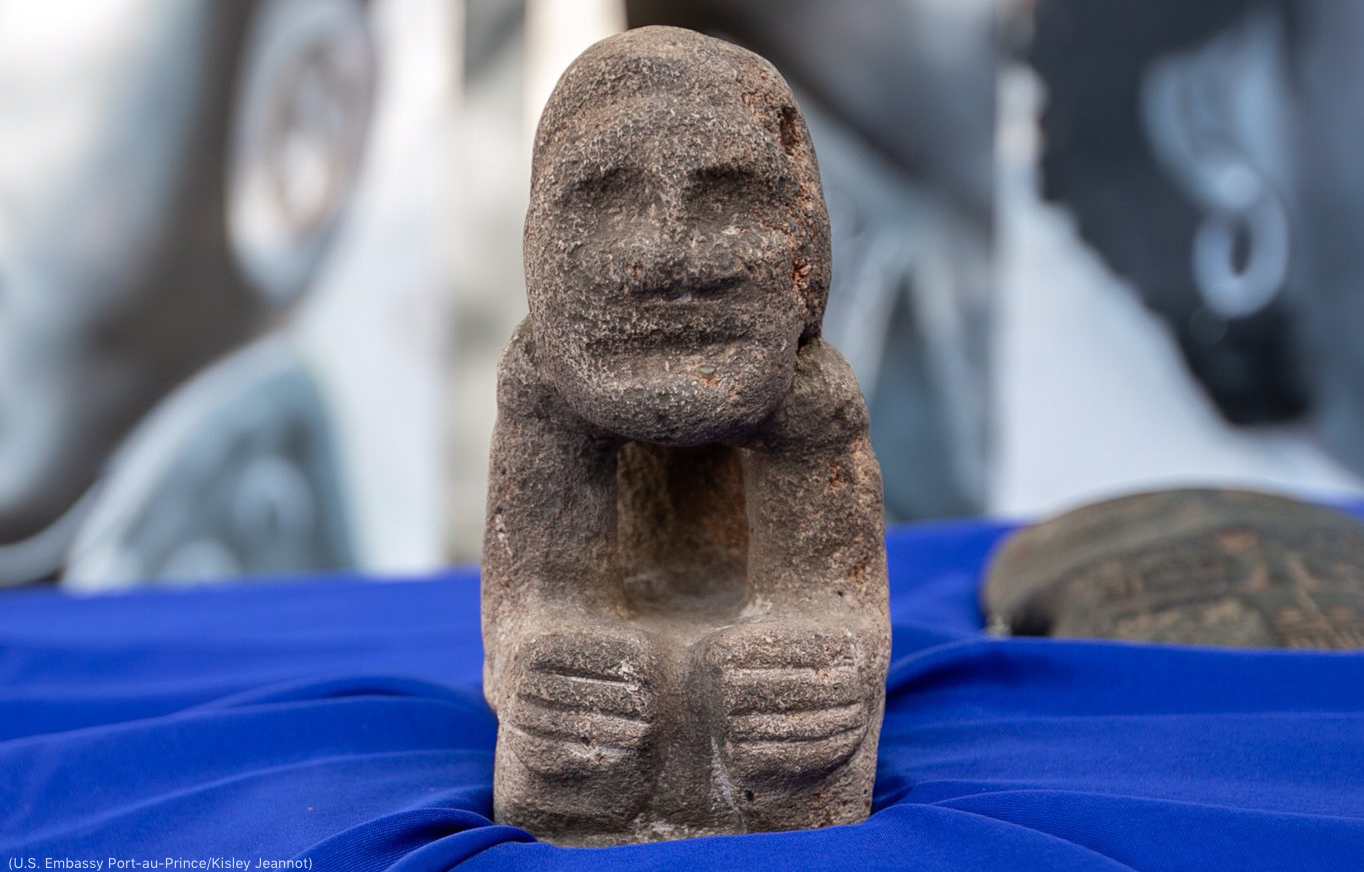
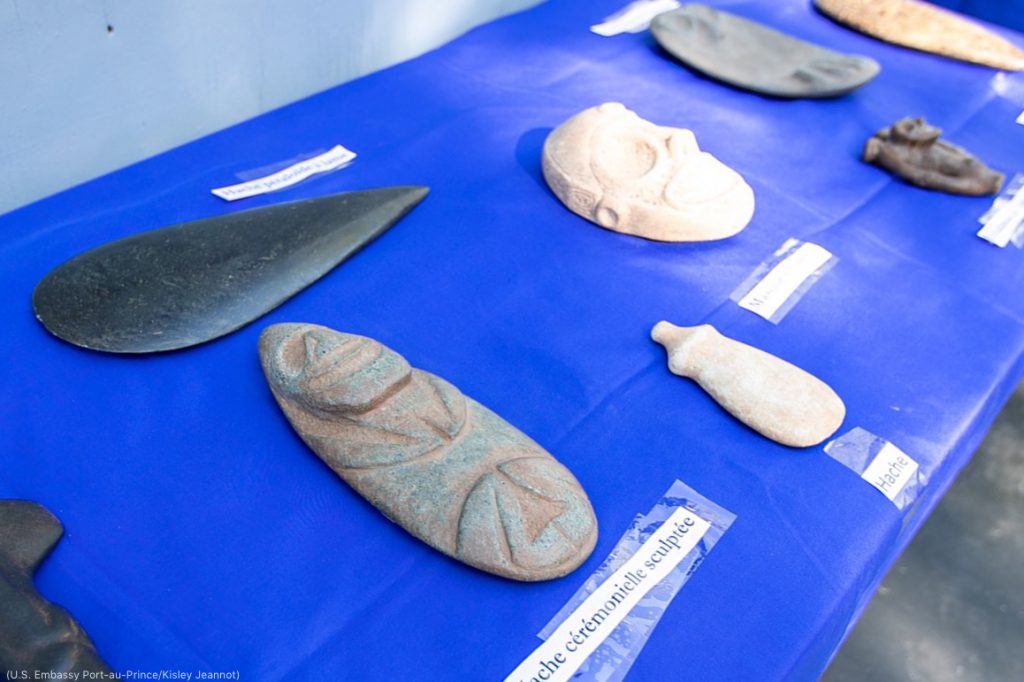
 This week, the Bureau of Educational and Cultural Affairs’ (ECA) Sports Diplomacy Division will launch the Get Fit virtual campaign. In the spirit of innovation and creating outreach opportunities during the COVID-19 pandemic, the Division will host weekly, virtual sessions on fitness and foreign policy priorities with Sports Diplomacy exchange program alumni and partners around the globe.
This week, the Bureau of Educational and Cultural Affairs’ (ECA) Sports Diplomacy Division will launch the Get Fit virtual campaign. In the spirit of innovation and creating outreach opportunities during the COVID-19 pandemic, the Division will host weekly, virtual sessions on fitness and foreign policy priorities with Sports Diplomacy exchange program alumni and partners around the globe.

